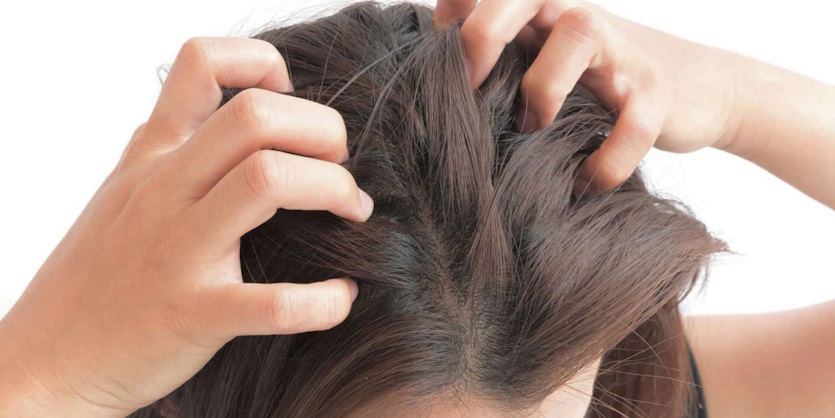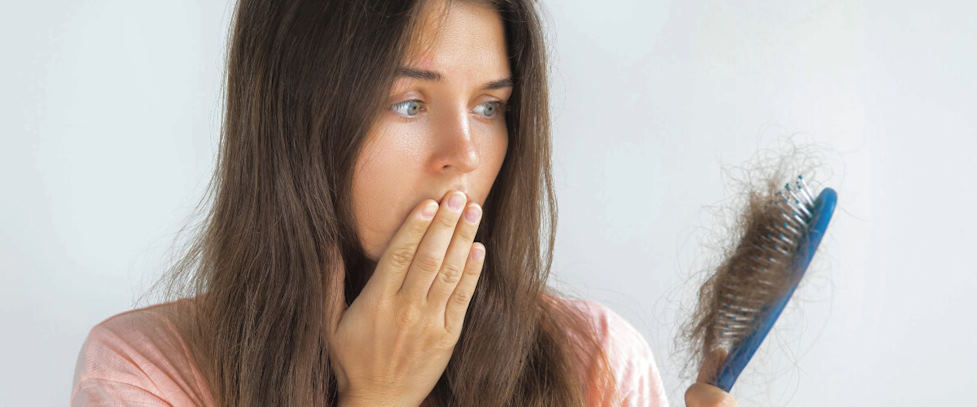In the hair care and beauty world, it’s often said that strong hair begins at the roots. But what are these roots, and why are they so crucial to the vitality and health of your hair?
Your scalp isn’t just the canvas upon which your hair grows. It’s a dynamic and intricate ecosystem that plays a pivotal role in the health and well-being of your locks.
What are common scalp problems, and how do they influence hair?
Scalp problems can significantly impact hair health, often extending beyond the scalp’s surface. Here’s how various scalp issues can affect the condition and vitality of your hair:
Dandruff
It is a common scalp issue characterized by flaking skin. The excessive shedding of dead skin cells can accumulate on the scalp, leading to itchiness and discomfort. When left untreated, dandruff can weaken hair follicles, potentially causing hair to become brittle and more prone to breakage.
Dry Scalp
A dry scalp occurs when the skin on the scalp lacks moisture. When the scalp is dry, it may not nourish the hair follicles adequately, resulting in dry, lackluster, and potentially more fragile hair.

Oily Scalp
An overly oily scalp can contribute to the development of conditions like seborrheic dermatitis. Excess oil production can make hair appear greasy and flat. Additionally, the oil can trap dirt and impurities, leading to clogged hair follicles and potential hair loss.
Dermatitis
Scalp dermatitis, such as seborrheic dermatitis, can result in redness, itching, and flaking. The inflammation associated with dermatitis can disrupt the hair growth cycle, potentially causing hair to become weaker and more prone to shedding.
Inflammation
Inflammatory conditions of the scalp can disrupt the blood circulation to hair follicles, hindering the delivery of essential nutrients and oxygen. It can result in weaker, slower-growing hair.
How to prevent any scalp problem?
Maintaining a healthy scalp involves regular hair washing with a gentle shampoo, a balanced diet rich in vitamins and minerals, proper hydration, avoiding tight hairstyles, and protecting your scalp from the sun. Use hair products without harsh chemicals, gently massage your scalp, manage stress, and consult a dermatologist for persistent issues. Try to avoid sharing personal items and stay informed about common scalp problems and their treatments.




